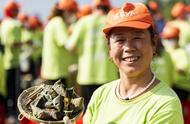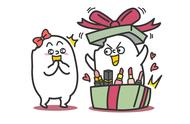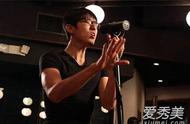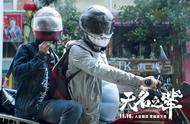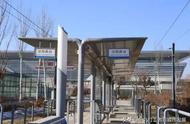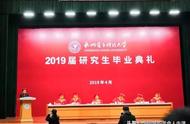端午节 (dragon Boat Festival) 是中国传统节日之一,也是中国非物质文化遗产的重要组成部分。每年农历五月初五,人们庆祝这个节日的方式包括赛龙舟、吃粽子和挂艾草等。以下是关于端午节的一些英语小知识,让我们更深入了解这个节日的含义。

- 端午节的英语表达:
- Dragon Boat Festival:这是端午节最常用的英文表达方式,直译为“龙舟节”。
- 端午节的由来:
- The origin of Dragon Boat Festival: This festival commemorates the patriotic poet Qu Yuan, who drowned himself in the Miluo River.(端午节的由来:这个节日是为了纪念忠诚的诗人屈原,他在汨罗江投江自尽。)
- 赛龙舟的英语表达:
- Dragon boat racing: This is a popular activity during the festival where teams paddle in long narrow boats.(龙舟竞赛:这是端午节期间的一项流行活动,参赛队伍在长长的船上划船。)
- 粽子的英语表达:
- Zongzi: These are sticky rice dumplings wrapped in bamboo leaves, typically filled with different ingredients.(粽子:这是用竹叶包裹的糯米团子,内含多种不同的馅料。)
- 挂艾草的英语表达:
- Hanging Artemisia or Wormwood: It is a traditional custom during Dragon Boat Festival to ward off evil spirits and bring good luck.(挂艾草:这是端午节期间的传统习俗,用于驱除邪灵和带来好运。)

以下是几个例句和中文翻译:
- Dragon Boat Festival, also known as Duanwu Festival, is celebrated on the fifth day of the fifth lunar month in China.(端午节,又被称为端午节,是中国农历五月初五的庆典。)
- During Dragon Boat Festival, people enjoy watching dragon boat races and eating delicious zongzi.(在端午节期间,人们喜欢观看龙舟赛和品尝美味的粽子。)
- The custom of hanging Artemisia during Dragon Boat Festival is believed to bring good health and protect against evil spirits.(在端午节期间挂艾草的习俗据信能带来身体健康并保护不受邪灵侵扰。)

通过了解这些英语表达,我们可以更好地介绍和分享端午节的文化庆典给国际友人,并促进不同文化之间的交流与理解。
